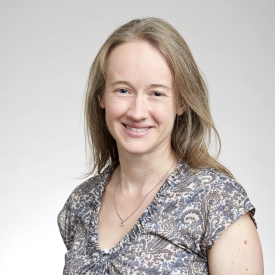Scientists from across the world share their experiences of lockdown.
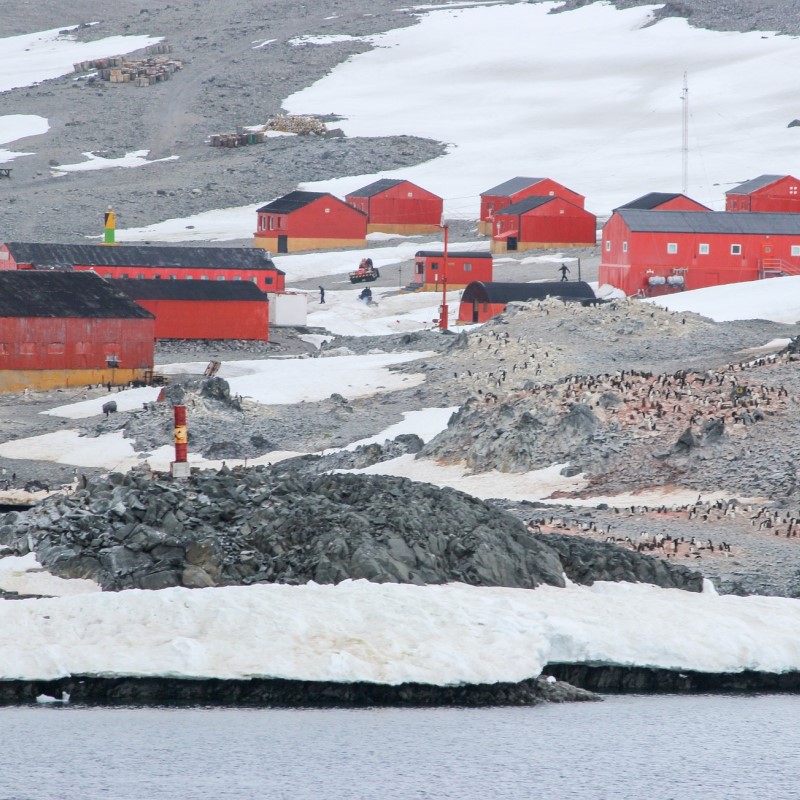
The current world situation is having a huge effect on everyone, with balancing personal and work priorities proving immensely difficult. Many people working in scientific research, particularly early career scientists, are on insecure contracts. And all academics are constantly judged for their 'productivity', relative to others, when it comes to jobs, grants and promotions. The difficulties of caring responsibilities, and lack of access to key resources, are making life very difficult for many. But for some researchers, new opportunities have presented themselves.
We asked editors from our different journals to gather comments about how their research programs are faring, and their concerns for the future. So many replied that we have split their responses into part one and part two, each addressing a range of working environments and scientific fields.
Dr Sarah DuRant, Department of Biological Sciences, University of Arkansas, USA
“Three years after moving my lab to a new institution, where my partner and I both earned tenure track positions just in time for the birth of our first child, I finally felt on track. Research was moving full throttle and we’d just received 5 years of NSF funding. The pandemic has brought us to a standstill. My students and postdoc are engaged in minimal research efforts based on what can be done while adhering to state and university social distancing measures. Of course, research is dependent on interest, but my lab is desperate for things to do and a sense of normalcy. My postdoc says life almost feels normal when she’s feeding the birds in our large avian colony. Meanwhile, my husband had to shut down multiple field projects, and was forced to rescind job offers. It’s almost impossible to complete the most basic professorial tasks, like teaching and editing, in the short daily breaks I get from parenting. But I can provide support to early career scientists that can and want to work. So, I troubleshoot research snafus through the Marco Polo app my lab uses to maintain contact, and I shipped my most expensive piece of lab equipment to a postdoc friend that brought her beetle colony home to her basement to run experiments. The future is unclear, making me apprehensive to recruit personnel for the new grant if research activities are unlikely to resume before the fall. How can they? We’ll still be poised to conquer the research world next year, or the next, though…right?”
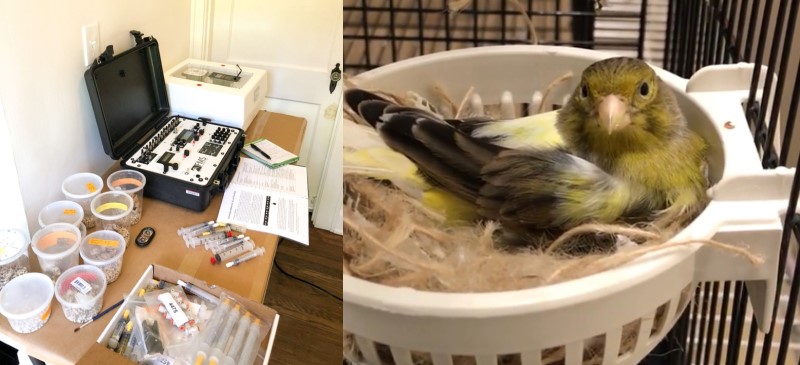
Makeshift beetle lab and canary incubating a nest, photographs provided by Sarah DuRant
Professor Martin Solan, University of Southampton, UK
“Like many, the arrival of COVID-19 disrupted just about every facet of home and work life. Balancing home schooling whilst developing and implementing transformative measures aimed at sustaining teaching and research activity from home was particularly challenging. In the short time that we have become accustomed to the new normal, new ways of working have been learnt, technological solutions have been embraced, and the modus operandi has become simplified. The enforced reduction in administrative burden and the truncation of meetings has created beneficial mental space, reduced stress and has resulted in observable health benefits, whilst delivering lifestyle improvements and improved family time. Despite the inevitable reduction in working hours, research productivity has received a welcome boost and having time to think, focus and reflect brings higher quality outcomes and greater job satisfaction. One thing COVID-19 has exposed is the inefficient and unsustainable way the system operated, providing impetus for a re-prioritization and re-organisation of how we work. Few will accept a return to how we worked and operated before.”
Dr Kate Hendry, School of Earth Sciences, University of Bristol, UK
“As a chemical oceanographer, the two biggest impacts on my team in the current situation are the restrictions on laboratory access, and on fieldwork. We specialise in polar research and our fieldwork involves travel to very remote areas of the Arctic and Antarctic. Local communities in the Arctic, and research stations in both polar regions, are particularly vulnerable due to their isolation, and limited healthcare and infrastructure: it’s crucial to avoid transmission of SARS-CoV-2 and the spread of COVID-19 to and within these places. Whilst, of course, postponement or cancellation of fieldwork is extremely disappointing, it’s also important to do the right thing as global citizens, and protect these precious regions. In the meantime, we have data to process and papers to write, and of course we’re looking forward to getting back into the lab to analyse the samples that we have already collected over the last couple of years.”
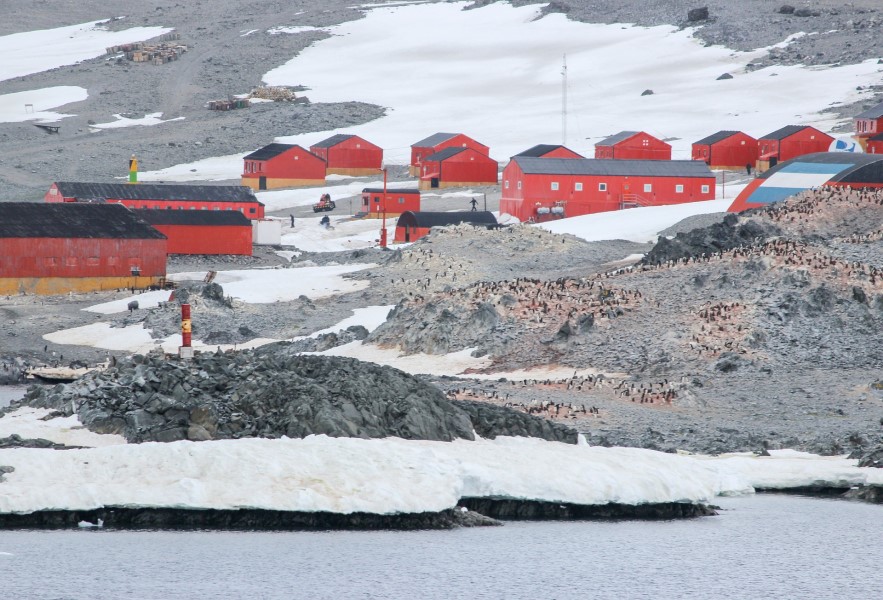
A research station in Antarctica, image by Michelle Maria from Pixabay.
Dr Andrea Idini, Mathematical Physics, Lund University, Sweden
“This situation of restrictions in travel and personal contacts generate new challenges in research and education. Despite the fact that Sweden adopted a strategy of openness without an explicit lockdown, universities still opted to have teaching (including research and thesis projects) online. This changes research groups’ mode of operation, especially regarding the informal and fortuitous conversation, crucial for emancipation and enculturation of students in an intellectually stimulating environment. However, this same situation opened up new opportunities. Many scientific seminars and conferences around the world have been also moved online, with the possibility for students to follow them without clashing with other duties. I try to encourage intellectual exploration through these seminars, and informal - but not fortuitous - online conversations. Both the students and me end up enriched in the best intellectual environment possible, thanks to the sharing effort of academics around the world.”
Professor Anil Seth, Sackler Centre for Consciousness Science, University of Sussex, UK
“Science during pandemia faces many challenges. I co-direct a cognitive neuroscience lab where our research focuses on the brain basis of human consciousness. In common with many other labs, we are unable to conduct in-person experiments, and Zoom lab meetings are no substitute for the spontaneous interactions that spark new ideas. But let me pick up on a different point. Since the pandemic has engulfed us, some psychologists have rapidly pivoted towards COVID-19 related research. I worry about this. Certainly, there is important work to be done. The impacts of COVID-19 on mental health and cognitive processing need to be carefully explored. But well-designed experiments take time, and it will be difficult to collect useful data when so much in life is changing. If rushed, new studies may end up creating more heat than light, diverting resources from where they might find better use in the here-and-now.”
Dr Patricia Pestana Garcez, Institute of Biomedical Sciences, Federal University of Rio de Janeiro, Brazil
“The first weeks after the lockdown were disorganised until I finally structured a routine. As the University is closed, and all lectures are cancelled, I have been working from home. I started by reorganizing the journal clubs that are now happening via Zoom. I joined the panel of PhD vivas which were performed virtually. Also, I accepted an invitation to give a departmental talk as a webinar. Some students were lucky that they can keep busy analysing the data or writing their thesis. For the other students who had no prior data, as they are starting their PhDs, I proposed a review of their research topic to be drafted during this quarantine time. For my undergraduate students, I created a WhatsApp group, and I am sharing texts and didactic material with them about our Neuroanatomy course. Productivity will be impacted. But, maintaining our mental and physical health is top priority.”
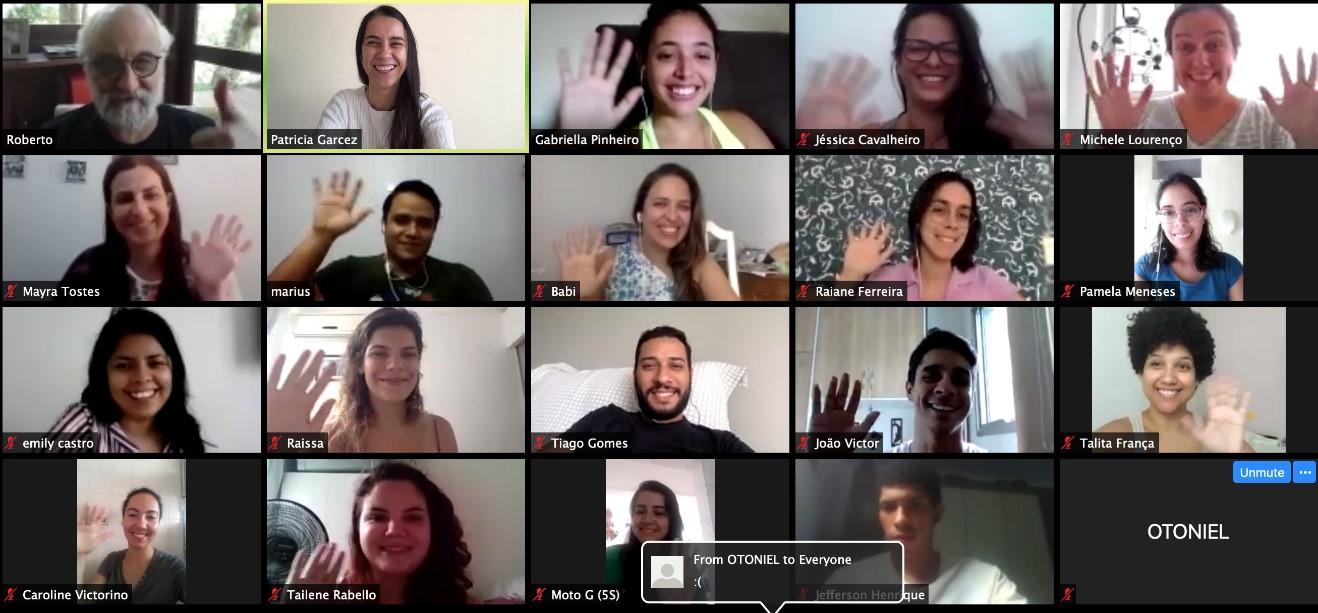
Patricia Pestana Garcez with her Zoom journal club
Professor Alexei Maklakov, School of Biological Sciences, University of East Anglia, UK
“This pandemic will disproportionately affect early-career researchers (ECRs) on fixed term contracts. They are likely to be hit in two ways: 1) interruption/loss of their ongoing projects; and 2) lack of career opportunities due to hiring freeze, exacerbated by increased competition for the few spaces that will become available in the future. Research councils must provide support and hiring committees must take this into account. Remarkably, it is often ECRs that take advantage of the current situation to create new ways of working and make the lockdowns more bearable for the rest of us. For example, Dr. Liz Duxbury, an evolutionary biologist currently working on insulin signalling and ageing in my lab, together with Dr. Andreas Sutter (UEA), Dr. Wouter van der Bijl and Dr. Iulia Darolti (both UBC) have organised an international seminar series on a YouTube channel (EvoEcoSeminars) that attracts thousands of views from all over the world.”
Dr Brian Allan, School of Integrative Biology, University of Illinois Urbana-Champaign, USA
“I have been teaching my spring semester course which deals in particular with zoonotic disease emergence and pandemics. Teaching a class on pandemics during a pandemic has been extraordinary. My ~150 students and I have been discussing COVID-19 since the first meeting of our course. As it became increasingly clear that it would cause a global pandemic, the students grew even more engaged with the material, even as we had to shift the entire course to online. As we approach the final project for the semester, we have decided to study the effectiveness of different country-level public health responses. Most of my students intend to enter fields of health and science, and they will graduate into uncertain job prospects and an almost certain recession. But I am encouraged by my belief that they will be especially well-prepared to take on the environmental and health challenges the future will have for them.”
Read more experiences and comments in part two of this blog.
Royal Society Publishing remains open during this crisis, if any member of the team can help with anything please do get in touch.

